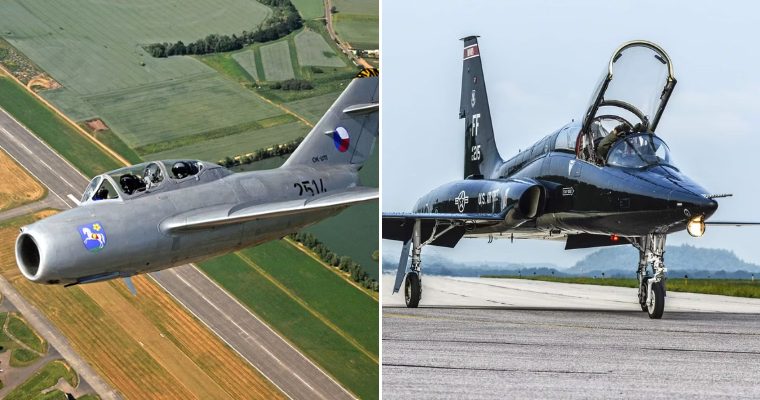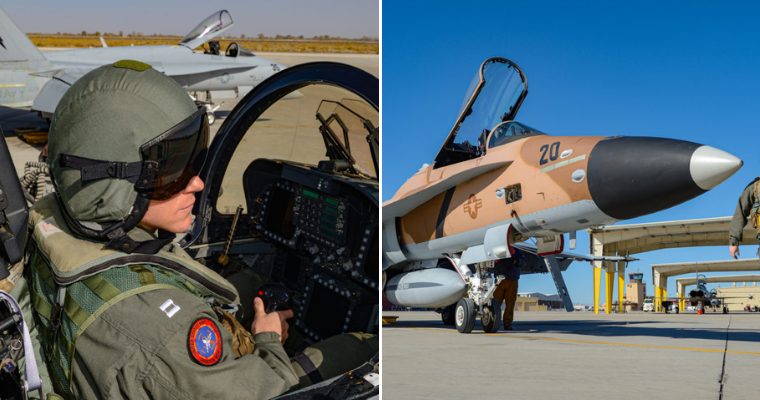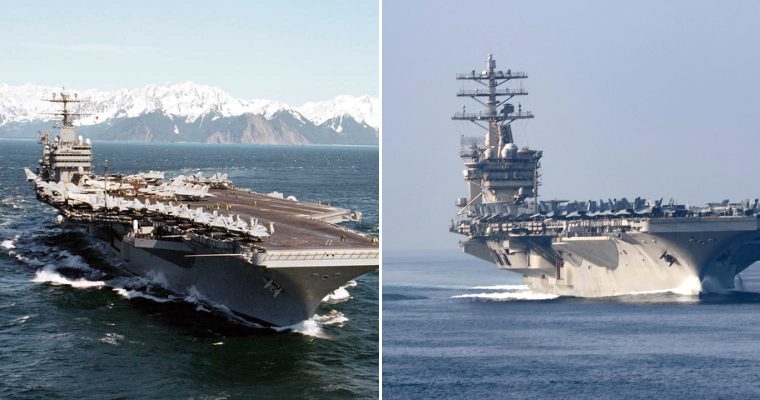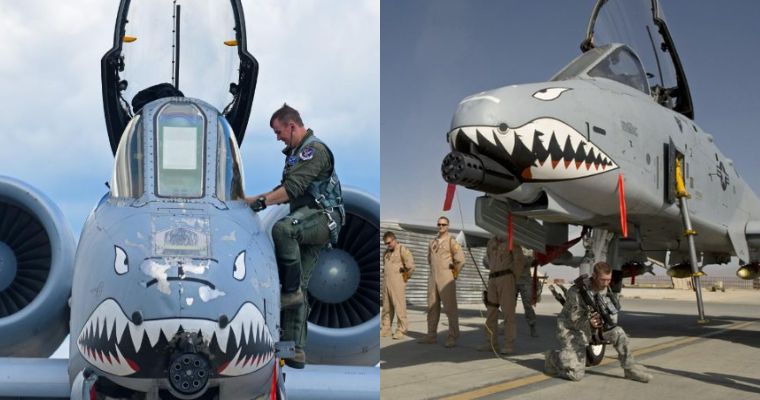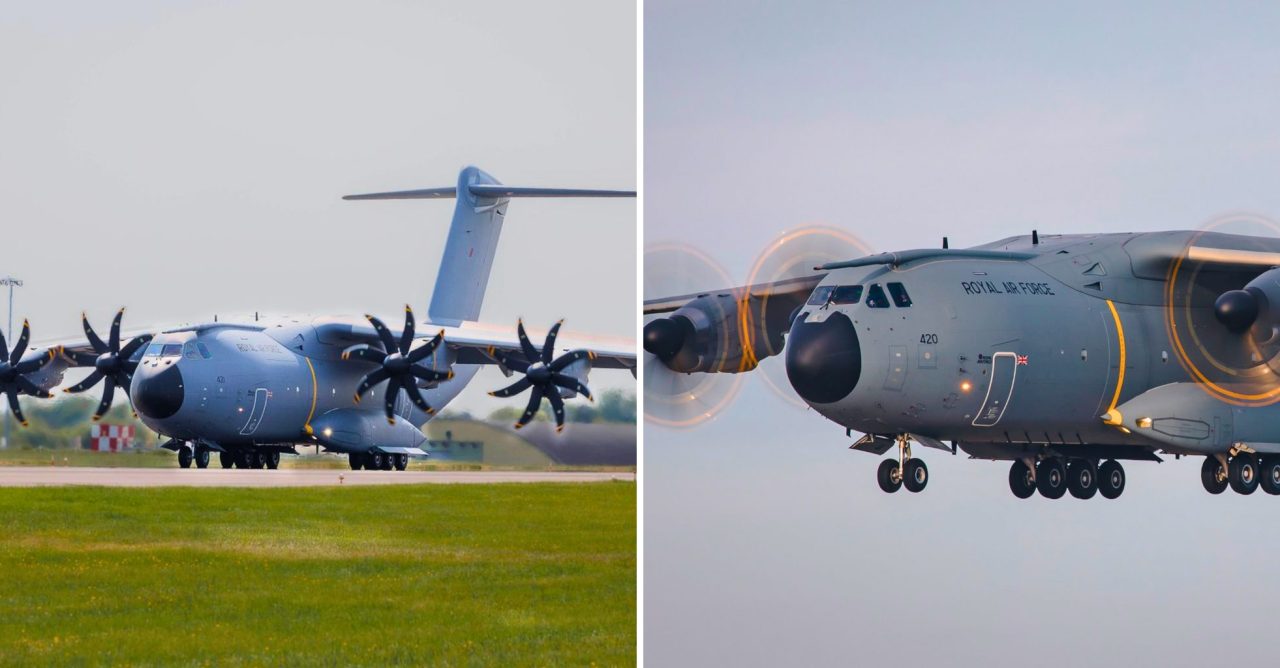
The A-10 Warthog is an iconic US Air Force plane with a powerful history. It has engaged in countless battles and saved countless lives. In this article, we’ll look at five facts you need to know about the Warthog – from its powerful weapons to its remarkable design.
The A-10 Thunderbolt Warthog Was Developed in the 1970s
The A-10 Warthog was first developed in the mid-1970s, with the prototype flying in 1975. It was initially intended as a close-air support aircraft, though its long service life has seen it serve in many different roles. The plane is known for its remarkable durability and resilient structure, which helped it survive intense combat.
It Has Powerful Armor and Weapons
The A-10 Warthog is armed with a 30mm General Electric GAU-8/A Avenger cannon, one of the most potent weapons in any American fighter. The plane also has titanium armour plates to protect it from enemy fire. This armour provides up to 950 rounds of protection and can even withstand hits from 23mm shells, making it nearly impenetrable in some scenarios.

A-10
It Can Take Off Quickly, Even at Short Airfields
The A-10 Warthog is one of the most distinctive military aircraft in its class due to its ability to take off from shorter airfields. It can be piloted from only 2,500 feet long fields and handles short takeoff weights of up to 90,000 pounds. This makes it uniquely suited for close air support operations, where speed and agility are paramount.
The “Warthog” Can Survive in Extreme Conditions
The A-10 Warthog is designed to survive intense conflict, and its rugged design and redundant systems allow it to continue operating even under extreme conditions. The cockpit is specifically designed to protect the pilot in the event of a crash, and the aircraft’s “high G”-resistant wings are designed to absorb impacts from heavy fire or collisions. In addition, it has an all-weather radar system which allows it to locate targets without needing external help.

Its Unique Design Makes It Easy to Repair
Since the A-10 Warthog was designed to survive intense combat, it has a unique built-in system of redundancies and backups that can be used to repair the plane quickly and easily in case of battle damage. This makes it a highly efficient aircraft for missions where time is of the essence and repairs need to be done quickly. In addition, its modular design makes it easy to switch out any part that needs replacing using standard tools – no heavy equipment is required!
Source: Military Machine



